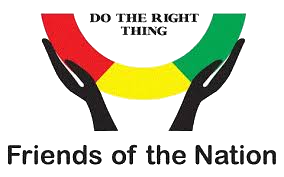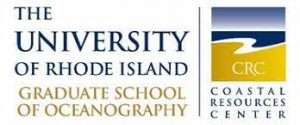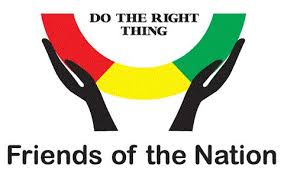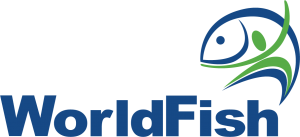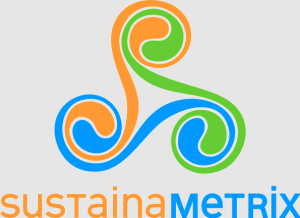ICFG
Home ||WHAT WE DO|| RESEARCH & KNOWLEDGE TRANSFER||ICFG
THE INTEGRATED COASTAL FISHERIES GOVERNANCE INITIATIVE PROJECT (ICFG)
Introduction
The Integrated Coastal and Fisheries Governance Initiative project (ICFG) addressed coastal and fisheries governance issues in Western Ghana. The ICFG addressed challenges in specific coastal places and ecosystems, while fostering regional and national discussions about necessary policy and program reforms. A four-year project supported by the U.S. Agency for International Development (USAID) and implemented through a cooperative agreement with the Coastal Resources Centre of the University of Rhode Island(URI-CRC) with three principal implementing partners, including Friends of the Nation, WorldFish Center, and SustainaMetrix.
Goal:
The government of Ghana supported in achieving its development objectives of poverty reduction, food security, sustainable fisheries management and biodiversity conservation.
Approach:
The Initiative used integrated coastal management as the organizing framework with several themes that are hallmarks of CRC’s integrated approach, including fisheries, coastal governance, community planning, natural hazards and climate change and supporting improvements for the livelihoods of vulnerable coastal populations.
Implementation phases:
- Phase I (2009-2010) emphasized consultation, information gathering and the preparation of a baseline that documents conditions and issues as they were perceived at the start of the Initiative.
- Phase II (2010-2011) was devoted to activities designed to build capacity and assemble the preconditions for more effective and efficient coastal and fisheries governance.
- Phase III (2011-2013) is formalizing a coastal planning and management program for the Western Region and securing the resources required for its long-term implementation.
Results:
The Shama District adopted Ghana’s first Shoreline Management Plan, including flood mitigation. The Ahanta West District approved byelaws for wetlands conservation in four critical regions. Both have become national models.
The Western Region became a model for fisheries law enforcement, with 15 out of 18 cases successfully prosecuted in 2012. The program addressed weak compliance and enforcement, ignorance, lack of trust and collaboration. All parties along the prosecution chain were involved, with training provided on effective and efficient handling of prosecutions. Complementing this work, the nation’s newly revived Marine Police Unit was supported in their development of new competences, including community relations and communication.
The development of five toolkits for each of the districts in the Western Region namely Jomoro, Ellembelle, Nzema East, Ahanta West and shama to serve as catalogs summarizing the district’s marine and coastal information. The toolkits were created through a bottom-up, participatory process at the local level. Each includes links to source material, case studies, technical information and suggestions for projects that incorporate integrated coastal management and were designed to be replicable in other communities.
The weekly radio drama “Biribireba” became a successful means of behavior change communication, combining entertainment with knowledge dissemination. The program was set in a fictional coastal fishing community and dramatized the issues facing actual communities. “Biribireba” reached an estimated 2.5 million Ghanaians and was complemented by listener call-ins to discuss topics featured in episodes as well as panel discussions with community leaders and fisheries and natural resource experts.
Partners
